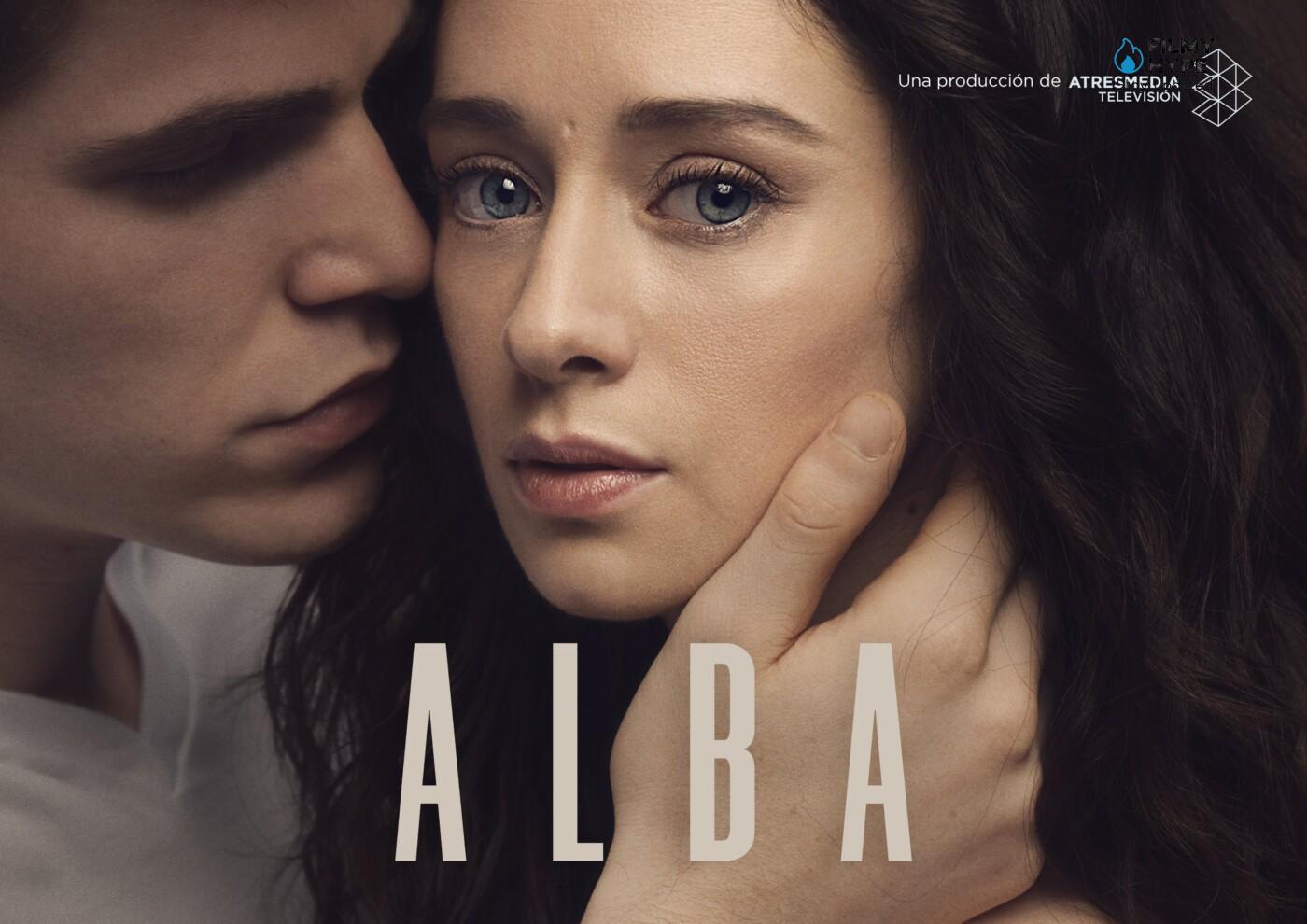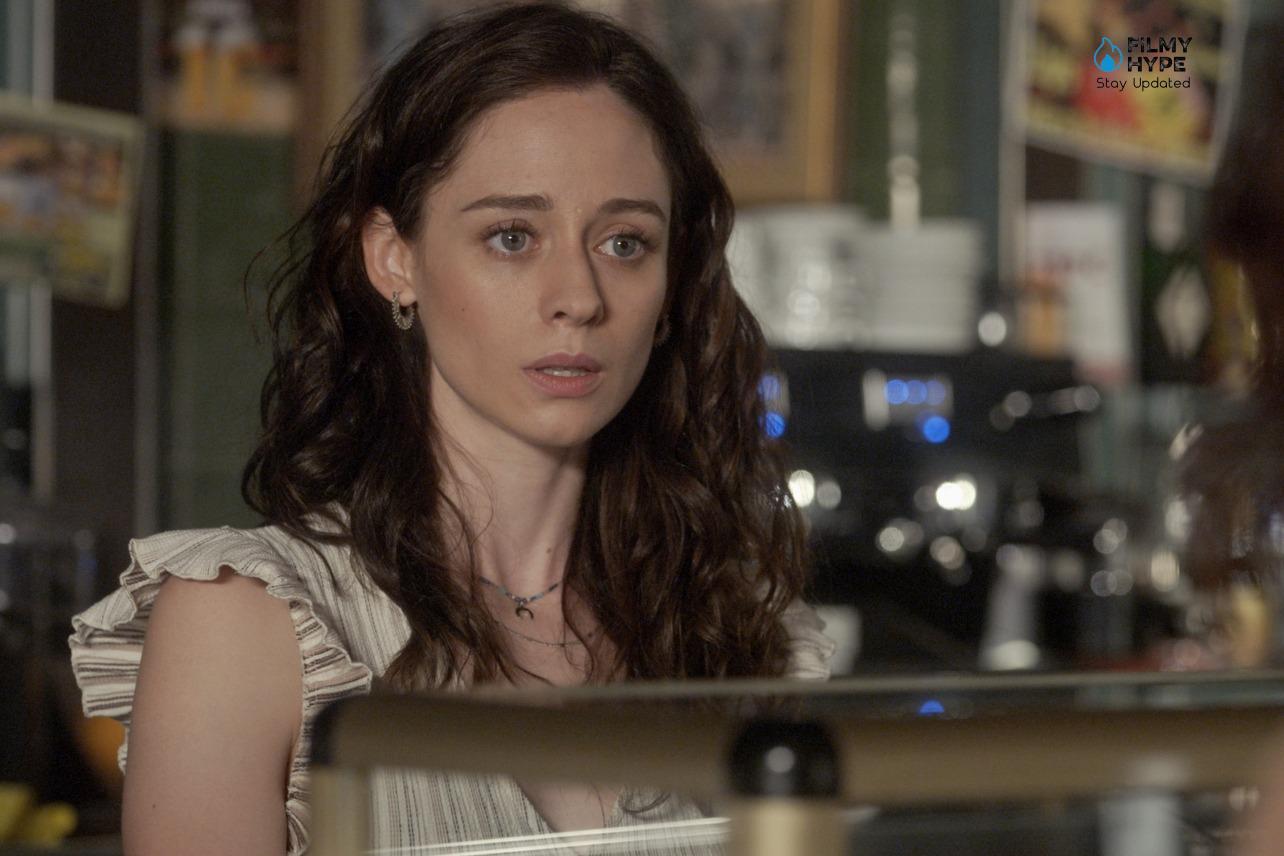Alba Review: Fruitful Reflection On The Motives Of Evil About Social Configurations
Starring: Elena Rivera, Eric Masip, Álvaro Rico
Creators: Carlos Martín, Ignasi Rubio
Streaming Platform: Netflix (click to watch)
Filmyhype.com Ratings: 3/5 (three stars)
Alba A remake of an old glory of Turkish TV, Alba accompanies a young woman victim of rape to the discovery – and the denunciation – not only of her tormentors but also of monsters inside and outside herself. Re-adaptation of the elephant – counted 80 episodes, spread over two seasons – Turkish series, of great success in the years 2010-2011, entitled Fatmagül’ün Suçu Ne? (“What is Fatmagül’s fault?”), Alba also seems to be inspired by Netflix models such as Elite, of which we find the actor, Álvaro Rico, here in the part of Jacobo Enterríos, above all in the evocation of tensions deriving from class differences and the contrast between ‘elegant’ citizens – father’s children? – and paletos de pueblo.

Alba Review: The Story
Alba Lllorens (Elena Rivera) lives in Madrid with her boyfriend Bruno Costa (Eric Masip). They are happy, and in love and both come from a small town in southern Spain. Theirs is a stable, solid relationship, but not yet revealed to friends and family. The intention is to make the big announcement just when they get home. Once there, Alba goes out with their best friend Bego (Caterina Mengs). They spend the evening at Kevin’s pub, but someone dissolves drugs in Alba’s glass, and she begins to feel sick. Outside the club she faints and is raped by Jacobo Enterríos (Álvaro Rico, formerly in the cast of Élite), Rubén Enterríos (Pol Hermoso) and Hugo Roig (Jason Fernandez), Bruno’s best friends.
The next morning, she wakes up on the beach, covered in bruises, but does not remember anything and only finds out in the hospital that she was raped. She makes a complaint and public opinion as often happens in the face of an episode of violence, thinks that the girl is looking for her. Still shocked and scared, she gradually begins to remember fragments of her that help her recognize her rapists.
Jacobo, Rubén and Hugo are three guys in sight. The first two, sons of wealthy building contractors, Roig is the colonel’s son, and their respective families do everything to cover up the crime. Furthermore, they claim that Bruno participated in the gang violence himself, even though he does not remember anything as he was under the influence of alcohol and drugs. For the two boyfriends, the tragedy turns into a horror film neither of them can believe. In their search for the truth, they will be helped by Lieutenant Julia Giner, who is determined to track down the culprits. The road to justice, however, is much more difficult than expected and Alba will have to leverage all her strength to find some serenity.
Alba Review and Analysis
Re-adaptation of the elephant – counted 80 episodes, spread over two seasons – Turkish series, of great success in the years 2010-2011, entitled Fatmagül’ün Suçu Ne? (“What is Fatmagül’s fault?”), Alba also seems to be inspired by Netflix models such as Élite, of which we find the actor Álvaro Rico, here in the part of Jacobo Enterríos, above all in the evocation of tensions deriving from class differences and the contrast between ‘elegant’ citizens – father’s children? – and paletos de pueblo.
Something, in the narrative construction, is, however, hybrid: at moments in which the greatest debt seems to be that, in its most disturbing aspects, with the crime paradigm, bordering on the judicial thriller, pop digressions alternate that shorten the distances from the worst imagery of the soap opera. The gender question remains unresolved until the end, provoking indecision in the audience regarding the location of what they are watching: is it a noir or a romance? Should I believe in dusky hues of pink softness? The encroachment of one – the noir – into the other – the romance– often assumes the dynamics, rather than of sliding, of an abrupt and schizoid twist, of a division that fails to integrate its parts organically.
It would not be a problem in itself to give up labels – Alba is, among other things, also a coming-of-age story because it follows its protagonist in the discovery of herself, above all of what is ‘scary’ inside and out -, if were it not that the product significantly suffers from conspicuously uneconomic management of the plot, subjected, on the one hand, to an incomprehensible expansion of the rhythm – the series has thirteen episodes of fifty minutes each: two, maximum three, would be enough to represent all there was to represent on the other, to a fraying in subplots that undermines the compactness of the work in its founding connections.

The authors stretch the edge: why they do it is not clear, but certainly for different reasons than the narrative advantage. The showrunners of large productions, today, would need more than ever to take Aristotle back into their hands and to review the dramaturgical practice he regulated: the unity of action the unitary development, free of disjointments and ancillary events, which becomes the indispensable pivot of the dramatic-narrative construction, guarantee of deadly effectiveness in the mechanism that regulates the plot concerning the fibula.
We regret that such a waste of time – of the authors who worked on it and of the spectators who gave the show a chance – does not help, on a factual level, the development of potentially dense and socially relevant themes: among others, the blame indirect of the rape victim; the double moral standard, between men and women, concerning sexual or recreational behaviors, within a society that still appears today, despite everything, to be poisoned by macho waste; the difficulty in restoring the full truth of a criminal fact; ambivalences in the elaboration of a traumatic event, about oneself and to others, by those who have suffered it.
Alba Review: The Last Words
The psychologies of the characters, protagonists and secondary, appear typified and it is precisely the lack of deepening of their singular traits – denounced above all by barely sketched dialogues, stiffened by patterns and stereotypes – to hinder not only the process of emotional tuning but also the start of the practice of problematization, of fruitful reflection on the motives of evil about social configurations.






